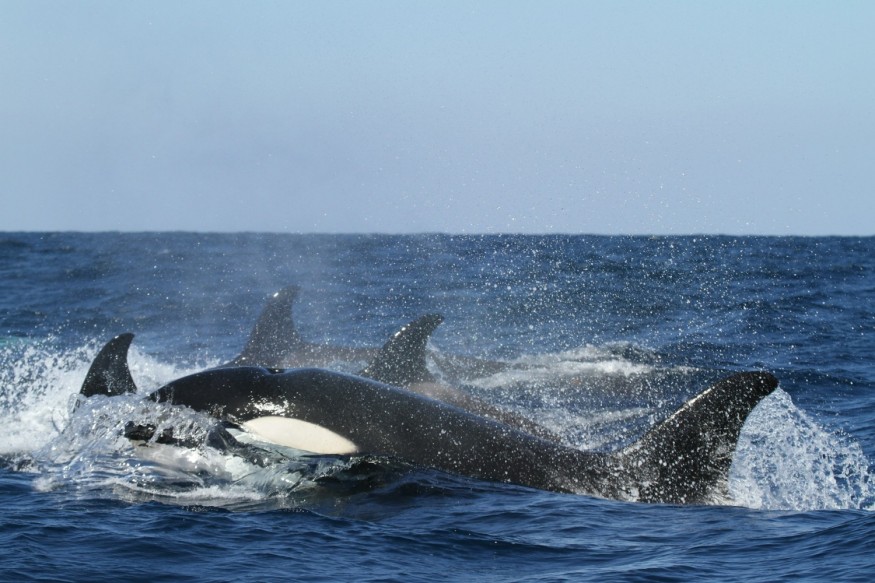In the early hours of Sunday morning, a sailing yacht named Alboran Cognac sank in the Strait of Gibraltar after being struck by orcas. The incident occurred at 0900 local time (0800 BST).
Two passengers were on board when the yacht began to take on water following sudden, violent impacts to its hull and rudder. They were subsequently rescued by a nearby oil tanker and safely transported to Gibraltar.
Orcas Sink Yacht in Busy Strait of Gibraltar

This event adds to a growing list of similar incidents involving orcas in the Strait of Gibraltar and the surrounding Atlantic waters off Portugal and north-western Spain.
Over the last four years, interactions between orcas and vessels have been increasingly noted, with nearly 700 such incidents documented since May 2020 by the research group GTOA, which monitors the Iberian orca sub-species.
According to BBC, the subpopulation responsible for these interactions is believed to consist of about 15 orcas, known as the "Gladis" group.
Initially, these interactions were thought to be aggressive, with speculation on social media suggesting the orcas were seeking revenge for a supposed incident involving a boat and a whale called White Gladis.
However, experts like neuroscientist Lori Marino, president of the Whale Sanctuary Project, argue against this theory, stating there is no evidence supporting the idea of orca revenge.
Marino explains that the orcas' actions likely began as playful behavior, a theory supported by their known high intelligence and capacity for social learning.
The ongoing incidents, which have never resulted in human injury, suggest that these marine mammals may be engaging with boats more out of curiosity and learned behavior rather than aggression.
This raises important questions about how humans and these endangered creatures can coexist in busy maritime areas like the Strait of Gibraltar.
Related Article : St. Vincent To Ban Whaling After Tourists Witnessed The Killing Of Two Orcas By Local Fishermen
Spain Morocco Plan Rail Tunnel under Gibraltar
Spain and Morocco are renewing efforts to construct a rail tunnel under the Strait of Gibraltar, linking the two nations.
This initiative, which first emerged in 1979, has been reactivated with the Spanish government directing Ineco, a state-owned engineering firm, to update feasibility studies and cost evaluations originally drafted in 2007.
These revisions will examine various alignment options and assess construction safety and viability, considering the challenging depth of the sea, which reaches about 1000m, as reported by the International Railway Journal.
The proposed tunnel, potentially stretching up to 28km, aims to facilitate both passenger and freight train travel. This project, estimated to cost between €5bn and €10bn, might receive funding from European and African financial institutions.
Recent discussions in Rabat between Spain's transport minister, Óscar Puente, and Morocco's ministers of infrastructure and water, and transport and logistics, have underscored the tunnel's strategic importance.
Additionally, Ineco has entered into a memorandum of understanding with Moroccan consultancy CID to collaborate on rail and urban transport projects across Africa, leveraging Spain's expertise in high-speed rail development.
This article is copyrighted by Travelers Today, the travel news leader





